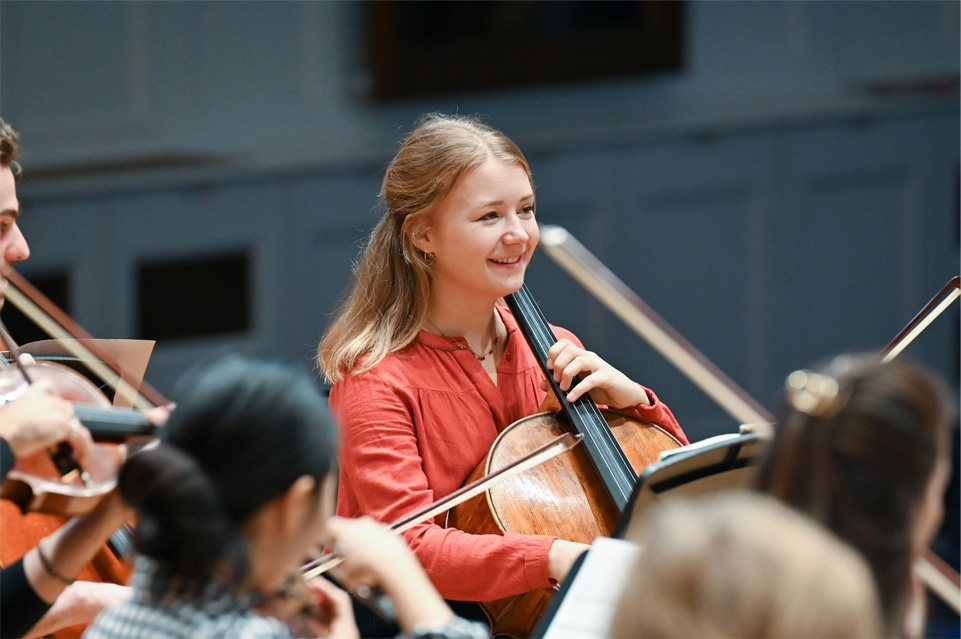Gynaecologist and amateur composer; born in Berlin in 1893, died in Birmingham in 1946.
Biography
Gerhard Felix Braun was the son of Felix Friedmann-Braun, a judge and brilliant amateur pianist in Berlin. Gerhard grew up in a prosperous, cultured family with many links to leading literary, musical and artistic figures in Germany. His sister Hildegard was a successful singer, one of his brothers was an actor, and his other brother, who became an appeal court judge, was a keen amateur violinist. Gerhard chose to study medicine, but his studies were interrupted by the First World War, in which he served as a medical officer.
In the 1920s he set up a successful private gynaecological practice in Berlin and was appointed Medical Chief at a public ante-natal polyclinic. In 1927 he married Anneliese Finster, an amateur poet, and adopted her daughter Ruth. He inherited his father’s brilliance as a pianist; making music with friends and improvising on the piano was an important part of his life.
Although he was brought up a Christian, Gerhard counted as Jewish under Nazi laws and suffered from the increasing persecution of Jews in Germany during the 1930s. In late 1938, following the ‘Kristallnacht’ pogrom, he spent five and a half horrendous weeks in the Sachsenhausen Concentration Camp, from which he was released on the condition that he and his family paid a large sum in tax and that he emigrated.
In January 1939 Gerhard and his family came to England, where, since he was not allowed to work, for more than three years they depended on the generous support of Marcel Wolfers, a merchant in the China trade. Gerhard was interned as an 'enemy alien' in 1940. From 1942 he was able to practice medicine in England but only as a junior hospital doctor. The absurdly long and stressful hours that junior doctors had to work were too much for a man in his fifties whose health had been seriously impaired by mistreatment at hands of the Nazis and he died in 1946, aged 52. Ruth Tenney, Marcel Wolfers' wife, was a poet, and Gerhard set many of her poems to music.
Gerhard's surviving compositions give a wonderful glimpse of the role of music in his families life. There are many settings of words by his wife Anneliese, and birthday serenades for his adopted daughter. He also set many poems by the American poet Ruth Tenney, who was Marcel Wolfers’ wife. Gerhard’s songs reflect the hardships of the time, and how music was able to give the family a sense of dignity and identity.
Source: Christopher Braun, London 2015











